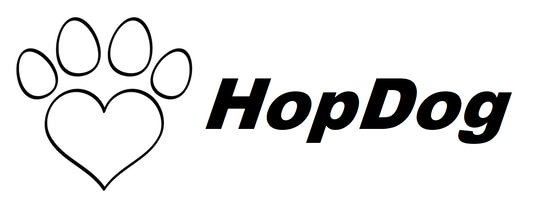7 Dog Breeds That Are Not Recommended for First-Time Owners
ARTICLES
Adopting a dog for the first time is an exciting and life-changing decision. But it’s important to remember that not all breeds are equally suited for beginners. While every dog has a unique personality, some breeds come with traits that can make them difficult to manage for new owners — whether it’s high energy, strong will, intense grooming needs, or complex training requirements.
If you're thinking of bringing a pup into your life but don't have prior dog experience, here are seven dog breeds that are typically not recommended for first-time owners — and what makes them challenging.
1. Siberian Husky
The Siberian Husky is famous for its stunning looks and wolf-like appearance, but they’re far from low-maintenance.
Temperament: Independent, stubborn, and vocal.
Energy Level: Extremely high. They need hours of exercise daily.
Common Issues: Escape attempts, destructive behavior when bored, difficulty with off-leash training.
Why it’s tough for beginners: Huskies don’t aim to please — they’re free-thinkers. Without firm leadership and constant activity, they’ll run circles around a novice owner (literally and figuratively).
2. Akita
Akitas are loyal and dignified dogs that can be fiercely protective of their families. However, they’re not the easiest breed to handle.
Temperament: Strong-willed, aloof with strangers, dominant.
Socialization Needs: High — without early and consistent socialization, they can become reactive.
Training Difficulty: Responds best to experienced handlers who can establish authority.
Why it’s tough for beginners: Their size, strength, and serious nature can be overwhelming for someone unfamiliar with dog behavior or breed-specific training.
3. Border Collie
Ranked as the smartest dog breed, Border Collies are incredible problem solvers — but that intelligence is a double-edged sword.
Temperament: Alert, highly trainable, focused.
Energy Level: Extremely high. Think: athlete meets genius.
Needs: Daily mental challenges, advanced obedience work, space to run.
Why it’s tough for beginners: Without constant engagement, they become anxious or destructive. Their sharp minds need jobs, and they don’t take boredom well.
4. Rottweiler
Rottweilers are powerful, confident, and protective — but they require structured training from an early age.
Temperament: Loyal, territorial, assertive.
Training Requirements: Must be socialized and taught boundaries consistently.
Exercise Needs: High. Regular physical activity is essential to prevent behavioral issues.
Why it’s tough for beginners: Inconsistent handling can lead to dominant behavior. Without a firm, calm leader, a Rottweiler can become difficult to manage.
5. Chow Chow
With their lion-like mane and noble demeanor, Chow Chows look adorable — but they’re known for being one of the most aloof breeds.
Temperament: Independent, often reserved, can be aggressive without training.
Grooming Needs: High — thick coats require constant brushing.
Training Difficulty: Can be very stubborn, often resistant to obedience commands.
Why it’s tough for beginners: Chows often don’t seek affection and can be intolerant of strangers or children. This breed requires a confident, patient owner who understands dog behavior.
6. Weimaraner
Sleek and elegant, Weimaraners are energetic, strong, and extremely people-oriented. Without constant attention, they can become destructive.
Temperament: Loyal, energetic, and intelligent.
Common Challenges: Severe separation anxiety, strong prey drive, and stubbornness.
Why it’s tough for beginners: They hate being alone and need constant physical and mental engagement. Inexperienced owners often struggle to meet these needs, leading to behavioral issues.
7. Belgian Malinois
Used by military and police forces, the Belgian Malinois is one of the most driven breeds in the world.
Temperament: Focused, high-strung, alert.
Training Needs: Advanced. They need direction, purpose, and intense daily training.
Best for: Working environments or highly experienced owners.
Why it’s tough for beginners: This breed will quickly become bored, anxious, and destructive in the wrong home. Malinois thrive with structured jobs, not casual companionship.
